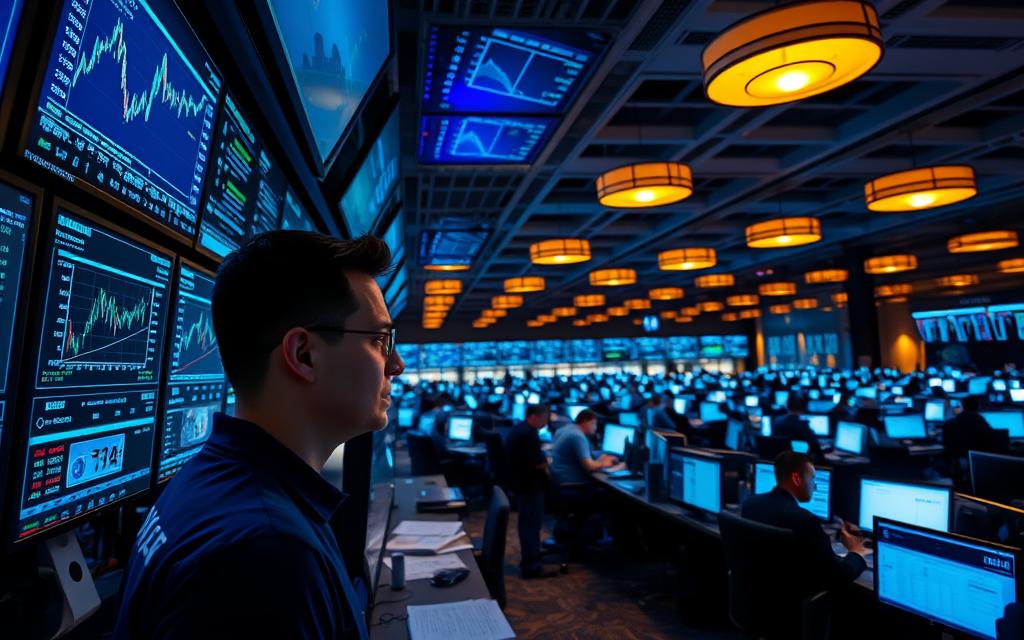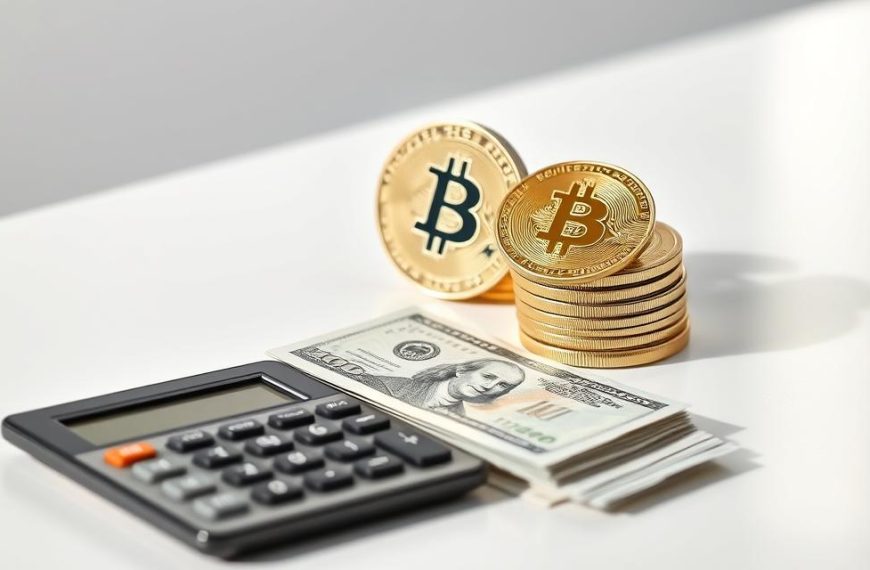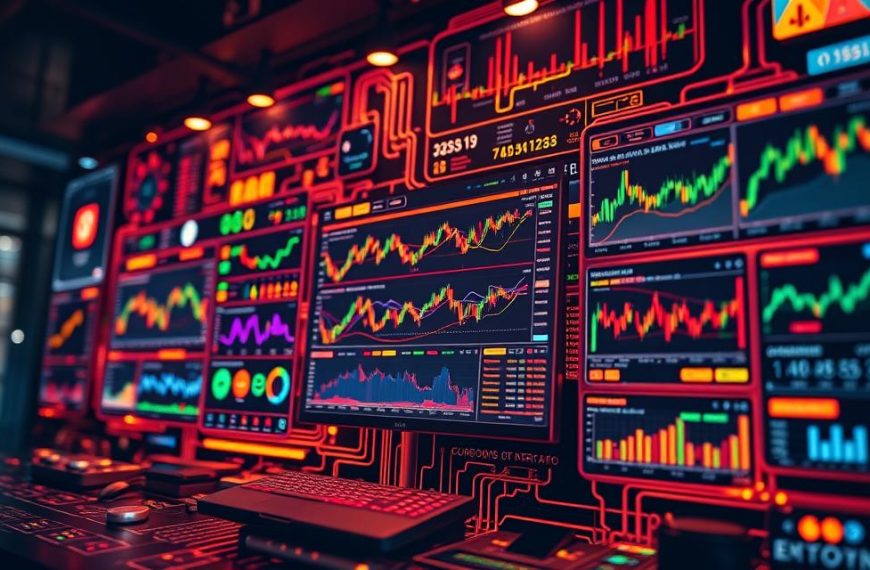Digital assets have transformed finance with their unique trading features. Cryptocurrency markets operate non-stop, unlike traditional stock exchanges with limited hours. This offers investors unmatched flexibility and accessibility.
Blockchain technology enables 24/7 trading of digital assets globally. Traders can engage with cryptocurrencies anytime, creating a marketplace that never sleeps. This breaks traditional market constraints and opens doors for investors worldwide.
The round-the-clock availability greatly affects market dynamics. About 35% of cryptocurrency transactions happen during weekends. This constant activity ensures higher liquidity and quick responses to global economic changes.
However, 24/7 trading presents unique challenges. Prices can change dramatically during off-peak hours, requiring constant vigilance. Peak trading intensity usually occurs between 3 PM and 4 PM UTC1.
Savvy traders can use this knowledge to their advantage. Understanding these market patterns can help create effective trading strategies2.
Understanding the Basics of Cryptocurrency Trading Hours
Cryptocurrency trading breaks traditional financial market boundaries. It operates non-stop, thanks to blockchain technology. This 24/7 availability changes how investors interact with digital assets.
Blockchain: The Engine of Continuous Trading
Blockchain technology powers round-the-clock cryptocurrency trading. It creates a decentralised system without intermediaries or central control. Traders can now execute trades across global time zones without restrictions.
Decentralised Finance: Empowering Investors
Decentralised Finance (DeFi) platforms have transformed cryptocurrency trading. They offer unmatched access and flexibility to investors.
- Trade cryptocurrencies without traditional banking limitations
- Access digital wallets independently
- Execute transactions instantly
Crypto Exchanges and Market Dynamics
Major crypto exchanges like Binance, Coinbase, and Kraken operate continuously. They support global trading around the clock. The busiest trading period is between 3 PM and 4 PM UTC.
During peak hours, approximately $6.5 million is traded on these platforms3.
Cryptocurrency markets are always open, but volatility varies. Wednesdays at 4 PM UTC are the most volatile. Mondays, however, show lower trading intensity4.
Is Cryptocurrency Market Open 24 Hours: Breaking Down the Always-On Nature
Cryptocurrency trading never sleeps. Unlike stock exchanges, the crypto market operates non-stop. This unique feature allows traders worldwide to access digital assets anytime5.
The 24/7 market brings both benefits and challenges. It enables quick transactions and responses to global events. Traders can act on market movements regardless of their location5.
- Continuous trading enables instant global transactions
- 24/7 market reduces geographical trading limitations
- Provides opportunities for diverse trading strategies
Despite being always open, crypto markets show distinct trading patterns. Activity levels vary during different global sessions. European or American market hours often see increased trading volumes5.

Advanced technology supports this non-stop market ecosystem. High-frequency trading thrives in this environment. Trades can happen within seconds, thanks to blockchain’s seamless operations5.
Strategies like scalping become highly effective. Traders can execute multiple transactions in quick succession. This speed opens up new possibilities for profit-making.
The cryptocurrency market represents a paradigm shift in financial trading, offering unprecedented accessibility and flexibility.
Prime Trading Sessions and Market Activity
Crypto trading operates globally, flowing across time zones. Unlike traditional markets, crypto trading runs 24/7. This creates dynamic opportunities for investors worldwide6.
Grasping trading sessions can help investors make smart choices. The crypto market shows unique traits during different global periods.
Asian Trading Session (23:00-08:00 GMT)
The Asian session is vital for global crypto trading. Markets in Japan, China, and Australia are most active then7.
- Lower liquidity compared to other sessions
- Potential market consolidation
- Higher volatility for Asian Pacific cryptocurrencies
European Trading Session (08:00-17:00 GMT)
European markets show significant activity during this time7. Traders can expect:
- Highest trading volume
- Increased liquidity for major cryptocurrency pairs
- Potential price movements driven by European economic indicators
American Trading Session (13:00-22:00 GMT)
The American session often represents the most dynamic period for crypto markets8. It features:
- Peak trading activity during business hours
- Significant overlap with European market hours
- Higher potential for liquidity and trade opportunities
Despite these sessions, crypto markets remain unpredictable6. Constant monitoring and flexible strategies are key for successful trading.
Market Dynamics in 24/7 Trading Environment
Crypto markets never sleep, creating unique challenges and opportunities for traders worldwide9. Trading volume shifts across global time zones, affecting price swings and market liquidity10. This constant activity requires traders to stay alert and adapt quickly.
Liquidity is crucial in crypto trading, with market conditions changing rapidly during peak hours. Traders must swiftly adjust to shifting sentiments, especially when European and American markets overlap9. High volatility can offer profit chances for well-prepared traders10.
Savvy traders use technical analysis tools to manage risk and seize market opportunities. Understanding trading activity levels is vital in this non-stop marketplace9. Effective risk management involves limiting capital exposure and staying flexible across different trading periods10.
FAQ
What makes cryptocurrency markets different from traditional financial markets?
How do Decentralised Finance (DeFi) platforms impact cryptocurrency trading?
Are cryptocurrency markets truly open 24 hours a day?
What are the advantages of 24/7 cryptocurrency trading?
How does blockchain technology support continuous trading?
Do cryptocurrency trading volumes remain consistent throughout the day?
What challenges exist in 24/7 cryptocurrency trading?
Which cryptocurrency exchanges offer the most comprehensive 24/7 trading?
How do global time zones impact cryptocurrency trading?
Can individual investors effectively manage 24/7 cryptocurrency trading?
Source Links
- https://blog.tothemoon.com/articles/does-the-crypto-market-close-understanding-24-7-trading
- https://pippenguin.net/crypto/guides/trading-hours-cryptocurrency-explained/
- https://www.axi.com/int/blog/education/cryptocurrencies/cryptocurrency-market-hours
- https://www.ifcmarkets.com/en/learn-about-crypto/cryptocurrency-trading-hours
- https://www.youhodler.com/blog/9-crypto-trading-strategies
- https://corporatefinanceinstitute.com/resources/cryptocurrency/best-time-to-buy-cryptocurrency/
- https://blueberrymarkets.com/market-analysis/major-forex-market-hours-and-trading-sessions/
- https://gotbit.io/blog/what-time-does-the-crypto-market-close
- https://pocketoption.com/blog/en/post/crypto-trading-hours
- https://www.gemini.com/cryptopedia/day-trading-crypto















